Much of South Africa lives in the shadow and the inspiration of mountains — Table Mountain, the Drakensberg, the Winterberge, and many more that lie between the oceans and the great desert plains of the Karoo. They formed the boundary between the settlers and most of the indigenous peoples. They were the door to liberation for outcastes in the coastal towns as well as the portals to a hopeful new life for rebels against English rule.Their chiseled and folded features are a constant background of everyday life, whether it is the constant hustle of Cape Town or the rolling wheat fields of the Overberg to the east. Anyone who has lived in the shadow of Table Mountain knows that it is not merely a tourist site reached by a breathtaking cable car ride but also a kind of mystical place, often hidden in its tablecloth of clouds that form at day’s end. In the presence of this mountain over the past weeks this poem came to me.
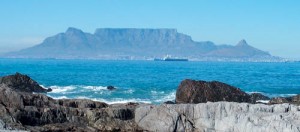
Table Mountain from Across the Bay
For my non-South African readers I need to explain a few of the words that are part of South African English. Many of these are Afrikaans. A kloof is a canyon or arroyo, what we in the Appalachians call a cove, only generally a very steep one. A krans is a cliff edge. A spruit is a fresh-water creek. A klip is a rock or stone.
The poem takes us deeper at each step into the language of Zulu, Xhosa, and even the early language of the Khoi-San. “Muti” is any potion in traditional healing. It can kill as well as heal. “Hoerikwaggo” is the early Khoi-San word for Table Mountain. It simply means “Sea Mountain.” “Unkulunkulu” is the Almighty and Mysterious High God. “Nkosi” usually means chief, but it can also mean Lord. While isiXhosa makes a distinction between lord as God (“uthixo”) and lord as chief (“nkosi”), I have used “nkosi” here for poetic reasons. I am indebted to Lukas Mazantsana, a pastor who is also one of the staff here near Hermanus at Volmoed Retreat Center, for this latter information. “Buntu,” now known to many people because of Archbishop Desmond Tutu’s popularization of the term “Ubuntu,” is the root word of “humanity.”
On Table Mountain
winter rains
lace rivulets
down kloofs and cracks
beneath the roots of aliens
and native trees
filling spruits and creeks
that froth into the waters
where dark seals play
in bays below.
On Altar Mountain
sun struck hearts
split open
cleavered in the raging heat
of land lust, gold, and privilege,
mixing blood
that pours down banks
leaps over krans and klip
and bones
evaporating into rainbows
arching overhead.
On Mystery Mountain
muti melts in
morning moon rise
works a magic
turning blood and water
dung and blossoms
into human beings
to sing in praise
on Hoerikwaggo
Unkulunkulu nkosi wa buntu.


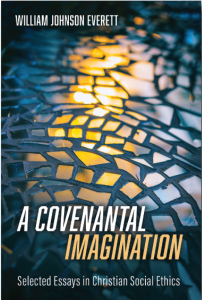
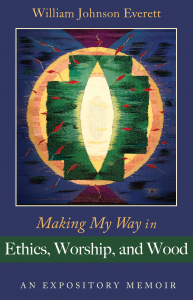

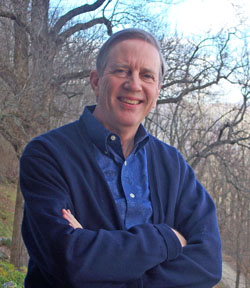
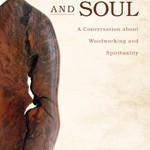
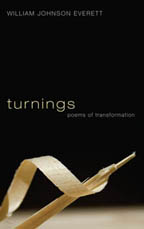
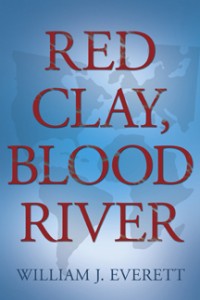 Red Clay, Blood River
Red Clay, Blood River
Thank you, Bill, for showing us the beauty and drama of far-away mountains, not unlike our own. I look forward to hearing this poem spoken. It almost sings itself.